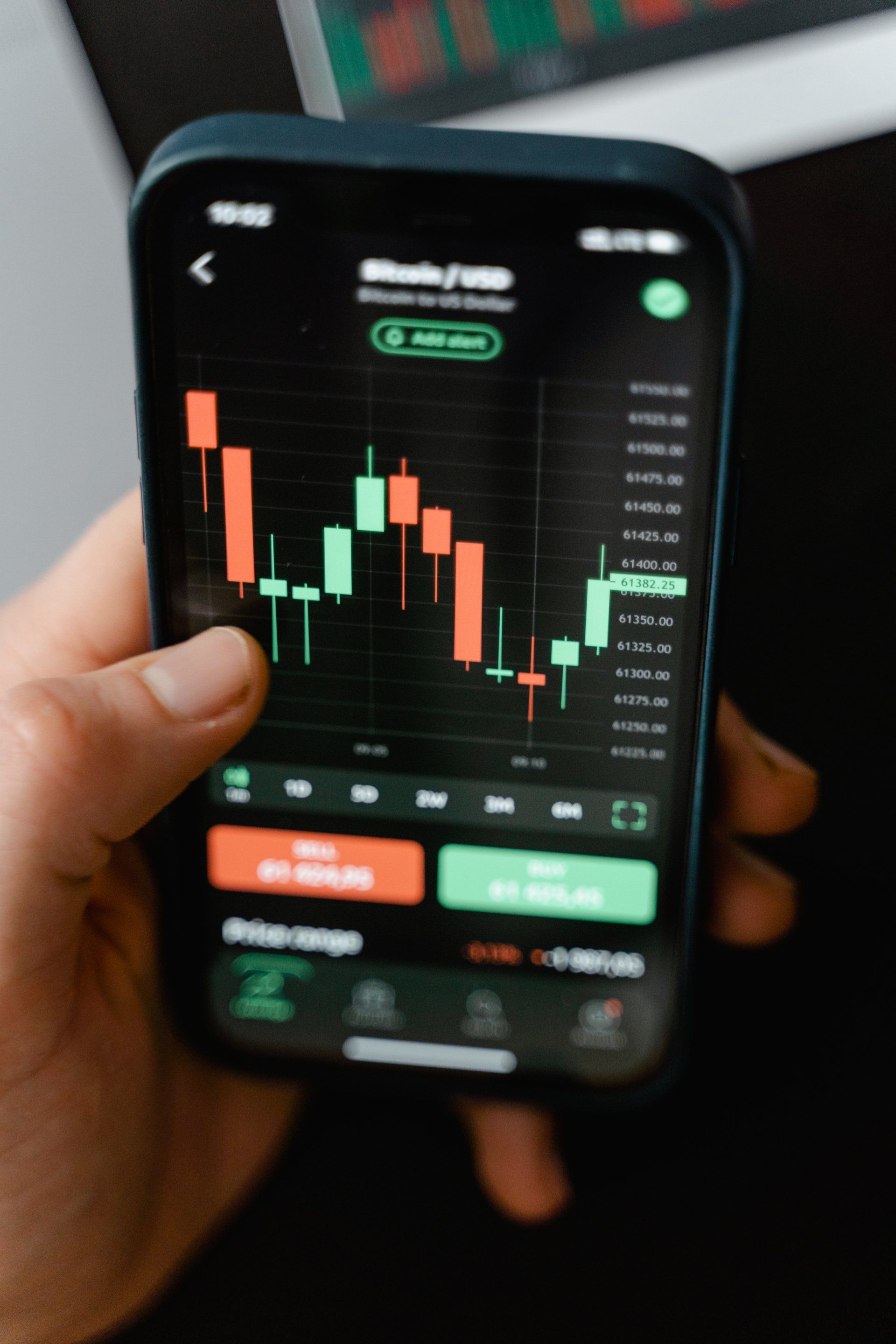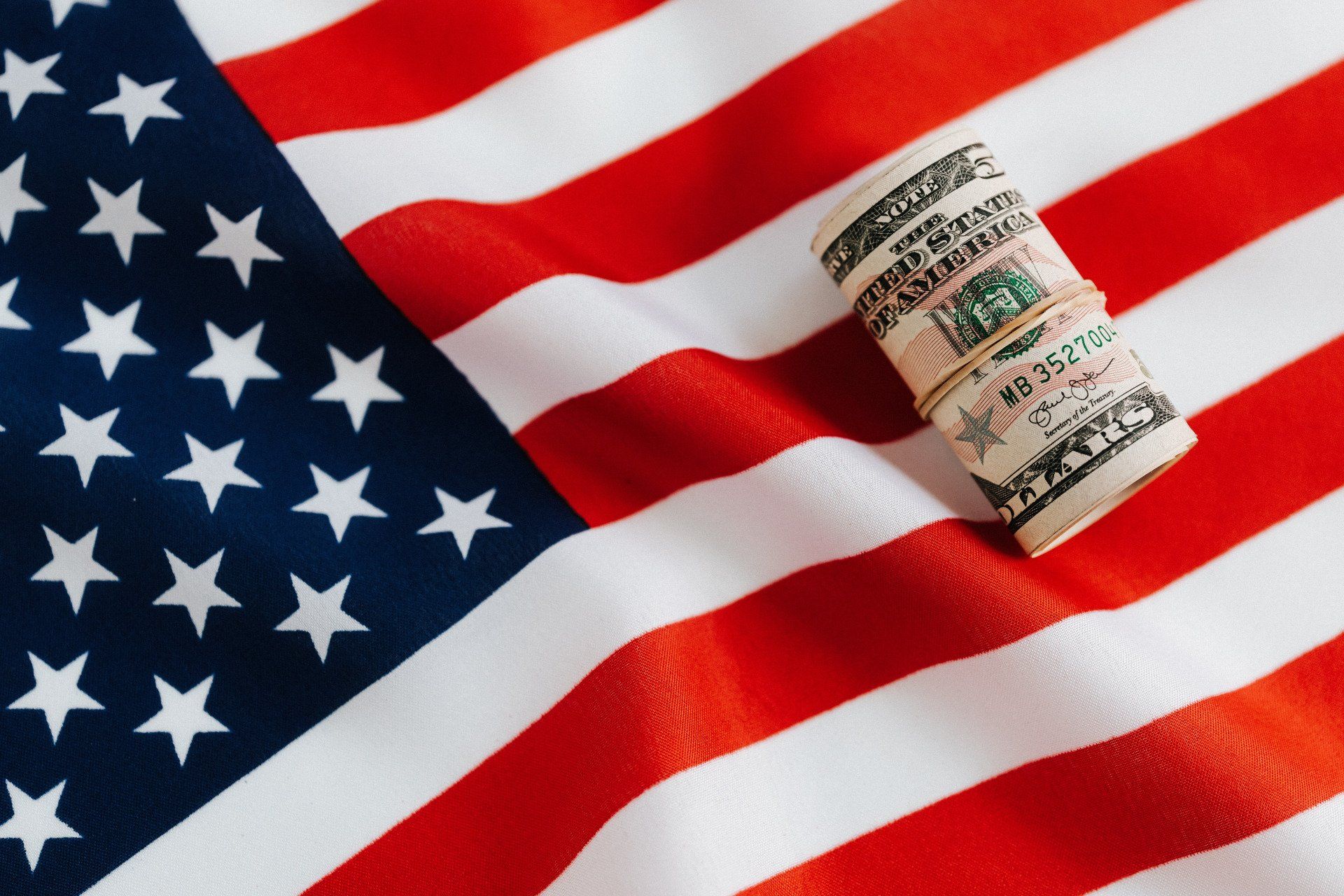US Stocks in 2023
After 10 years of technology sector fuelled market growth many portfolios were left nursing big losses after the tech drawdown of 2022. With the evidence now showing that permanent growth in tech stocks was just a mirage, analysts and investors are now focused on finding value.
Value in the price of stocks but also in the underlying company i.e. what's its ability to make money. Future sales growth promises no longer cut it, the markets are clearly shouting "Show me the Money!". With the risk of recession looming the ability to maintain profit margins is going to be the focus for 2023.
Which means this year's earnings are going to be more important than ever, they will show which companies can weather the storm and which ones can't. For value look at the companies you use on a day to day basis, those with simple business models, that sell things in high demand, have a low cost base and high levels of customer service. Sustainable businesses will hold their value better than most others. But even sustainable businesses will lose value if the markets drop, a falling tide sinks all ships as they so.
So with big banks like Morgan Stanley predicting that US Equities could slump another 22%, is it even worth thinking about investing in stocks? The answer is: it depends.
One school of thought says that if you are buying stocks for the long term then over-paying in the short term will not materially harm your portfolio as long as you are looking for sustainable businesses that can be purchased at sensible multiples. Another says that even if buying for the long term you should still look to buy on a dip. But buying on a dip means timing the markets which is notoriously hard to do.
So where is the dip going to be? Well it's going to be different for different companies but broadly each company's value is going to reflect the overriding market sentiment. And that sentiment this year is going to be brought to you by the words recession and inflation.
The Federal Reserve, under Jerome Powell, has to tame inflation. It has to be brought back to 2% from it's current level of c.7%. And to do this the Fed has to raise central bank interest rates (the current estimate is that they will need to be raised to around the 5% level). Raising interest rates means that people and businesses will have less money to spend which will cool inflation. A by product of raising inflation is that people lose jobs as companies cut their cloth to suit the higher interest rate environment. Increased interest rates also restrict the ability of companies to grow and consumers to buy so the economy is therefore less likely to grow leading to a potential recession (technically defined as 2 quarters of negative GDP growth).
Setting interest rates to reduce inflation is a fairly blunt instrument. We would love to think that the Fed know exactly how to pull each lever to get the perfect result but if they did then let's face it we wouldn't be in this mess in the first place; it's their injection of free and cheap money into the system which has caused this rise in inflation. Everyone knows they are walking a tightrope which is why you are seeing so many conflicting opinions as to whether the approach is working or not!
So keeping an eye on earnings data, job data, inflation data and interest rate decision meetings will give you the best feel for how the economy is performing and whether things are looking up or there is worse to come.
If you want to successfully Daytrade Futures like the e-mini nasdaq, e-mini S&P, Commodities, Forex or similar then you want to use a system that has the best Trade Signals and Trading Strategies in the market. Inteligex will help you Learn to Trade the right way, book your FREE Personal Consultation below to find out more. It's over 80% accurate and even tells you where to put your stops and targets.
To see how to become a winning trader book your FREE Personal Consultation.









